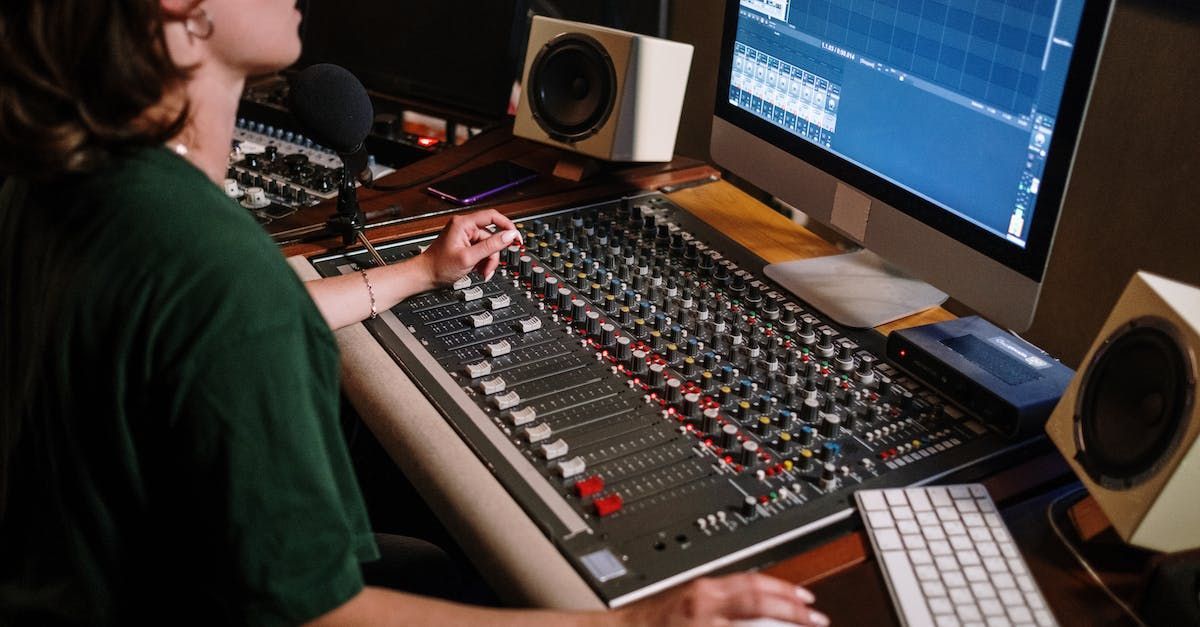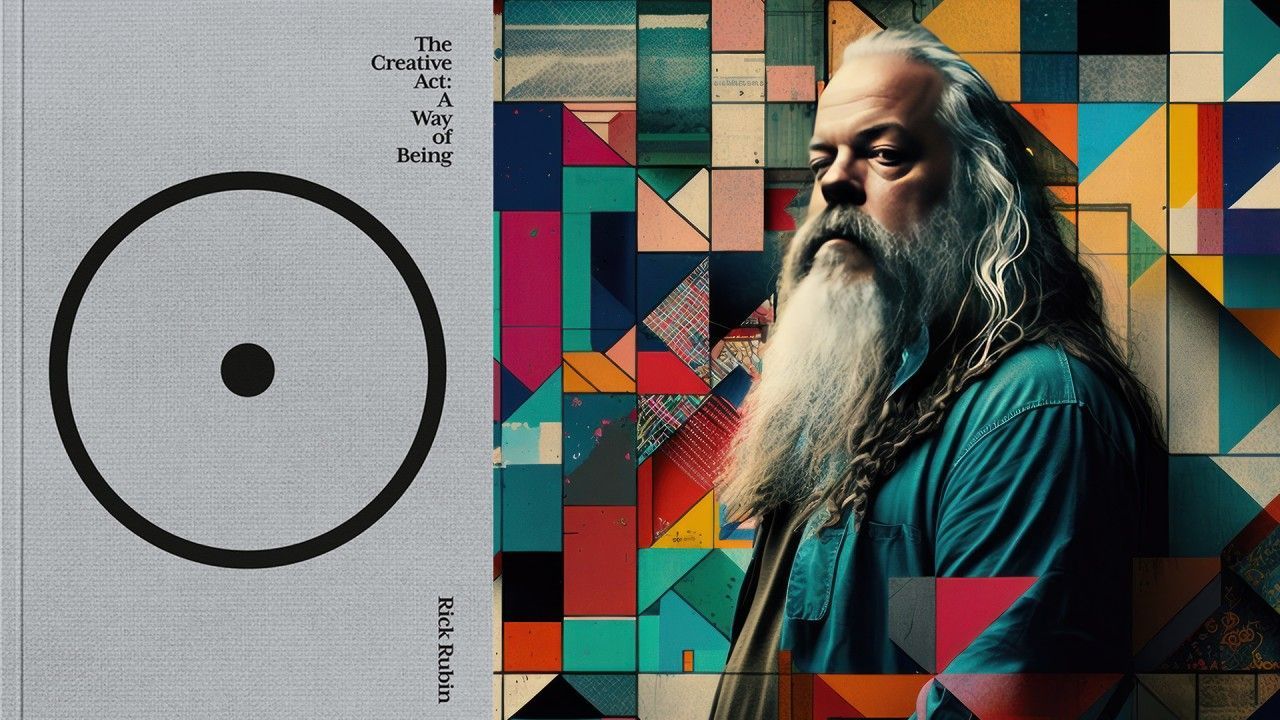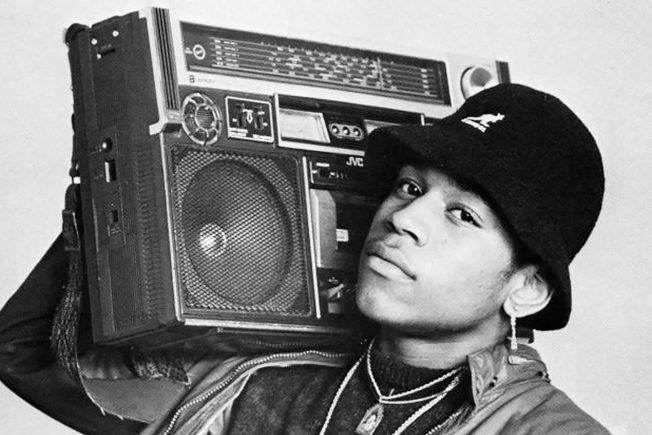This month’s student spotlight introduces you to Nachi, an ICON grad putting in the hard work and hustle as a rising hip-hop artist.
ICON graduate Mark Warren aka Nachi is carrying the torch for our growing community of hip-hop artists. After discovering the joy of auto-tune in our Songwriting course, he began singing/rapping. He has since written his on his own tracks and developed an undeniably catchy sound in the process.
Nachi also comes from a rock background with years of experience playing in bands. His style brings a fresh taste of grunge into the music along with the swag of a true rockstar.
In Week 1 of ICON Collective’s Music Business course, we teach about the importance of having a “hustler” mentality. And Nachi definitely took notes in that class. He’s been grinding hard promoting tracks, producing full-length videos for every release, and spending endless hours learning online marketing. That hustle seems to be paying off. One of his videos earned over 1.3 million views and his fan base grows stronger every day.
Nachi Interview
In this short interview, Nachi talks about his music and musical influences. He also gives some insight into his project and shares what’s to come.
1. What kind of music were you creating when you came to ICON? How did that change over time?
Anyone that knows me knows I was super into Marshmello’s music. I had just seen his very first show at Day of the Dead 2015 before starting at ICON that same month. I loved his melodic take on trap music. It was so fresh sounding because typical trap music sounded dark. But he flipped it, and it was fresh and new. That exact moment of coming into ICON was the type of music I was making.
Also, the Level 4 Songwriting class at ICON changed everything for me personally. We were forced to create a song every single week for basically six months. We also had to play our tracks every week. I remember I went out and copped the whole Antares Complete package. Our first homework assignment was to cover a song. I covered “Only One” by Kanye West. We also had to sing it a half step up, and half step down. It was so much fun singing into Auto-Tune and hearing myself in different keys. Analyzing the way I was singing and hearing it back totally took my attention off EVERYTHING. And as you can see by the music I’m making, it carried on as an extension of my Level 4 Songwriting homework. Honestly, I just never stopped writing songs and singing them.
2. What kind of musical influences are you drawing upon and bringing into the music you’re making today?
As far as flows and vocal patterns, I love Gunna & Lil Baby. I’ve also been a big Travis Scott fan. I like the way he uses Auto-Tune and the way he spreads his voice out. I also like the way Mike Dean layers his vocals and pans his ad-lib tracks. It’s all an art in itself honestly. There is making the beat and then laying vocals. I also love laying my voice down as a texture because its a synthesizer that no one else has. Even with Auto-Tune, your voice shines through.
3. How would you describe “Nachi”? What are you and this project all about?
Nachi in short form stands for “New Energy.” As an artist, I love to reinvent myself while keeping true to who you are. My voice is a voice for people who feel they’ve been counted. I’m a voice for the underdogs. I’m also living proof that if your skin is thick enough, and you can keep getting back up, you are stronger every single time. And eventually, when you least expect it, you will break through.
4. If you could have done one thing differently in your musical journey/career, what would that be?
I wish I would have moved out to LA when I was 17 instead of being in a band and touring. I’ve come to realize that it takes a certain kind of person built for this business. I’m built for this. And for it to work, everyone has to be built for it. If they aren’t, its never gonna work.
5. What’s on the horizon for Nachi?
I did four showcases at SXSW 2018; I can’t wait until SXSW 2019. I’m dropping a new video/single every 4-6 weeks until I get the proper budget to make an album.
6. Any advice for other artists out there?
The message I want to get to everyone is – if your an artist and wanna do this, you have to put your money where your mouth is. And if I didn’t go to ICON, I would not be able to be in the driver’s seat of where I want to take my music. You also need to bet on yourself and invest in your own business. Run Instagram and Facebook ads. Also, learn about Google AdWords, SEO, and words that spike up your suggested videos. It’s important to never stop learning, and never stop chasing your dream.

Turn your passion for music into a Profession: Learn more about our Music School Programs!
MORE ARTICLES FROM THE ICON BLOG

FIND YOUR SOUND, HONE YOUR CRAFT:
Are you ready to turn music into a career? ICON prepares students to become music producers, composers, performers, recording artists, professional DJs, and entrepreneurs in the entertainment industry. Click below to get information about our award-winning programs:

